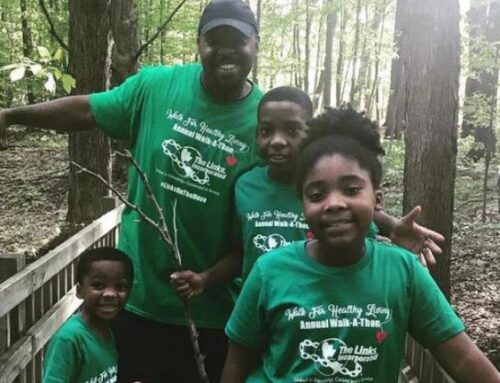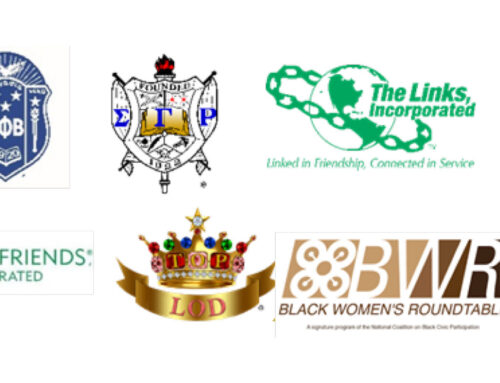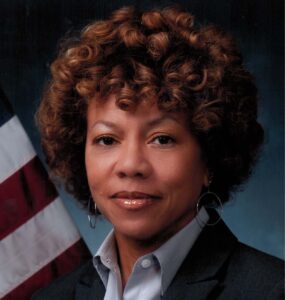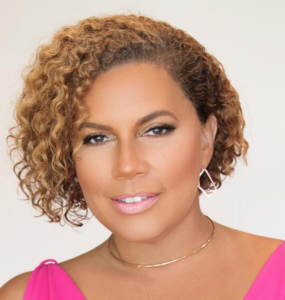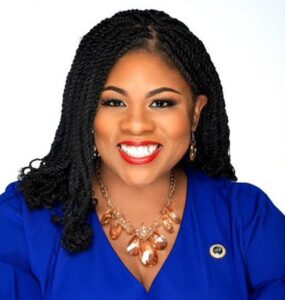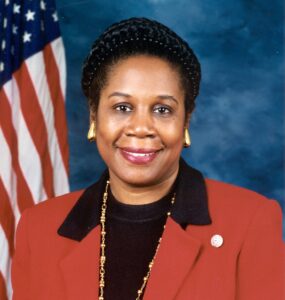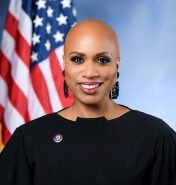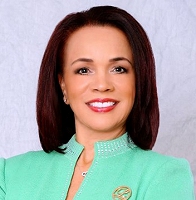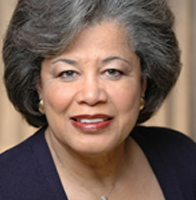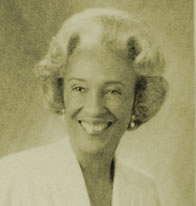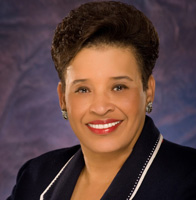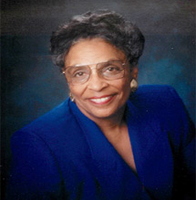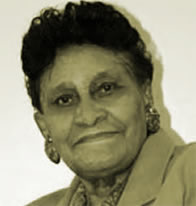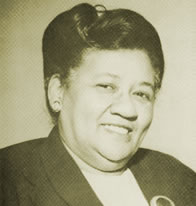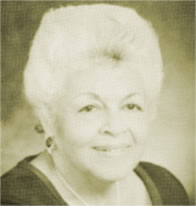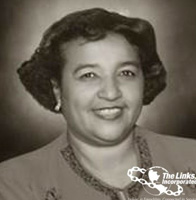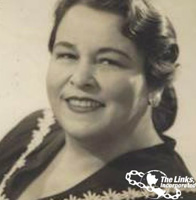By Leslye Miller Fraser – Potomac (VA) Chapter – National STEM Chair
Most jobs of the future will require a strong grasp of math and science. STEM occupations are growing at 17%, while other occupations are growing at 10%, according to the U.S. Department of Commerce. STEM degree holders also have a higher income, even in non-STEM careers. Yet African Americans are underrepresented in STEM at every degree level. Moreover, the number of African Americans receiving engineering degrees is declining, largely due to fewer African-American women earning degrees in these fields.
All our youth need to be STEM-literate, just as they need to be proficient in reading and writing, if they are to achieve their full potential—regardless of whether they choose STEM careers. There is not a single Link sister who would be unconcerned if the students in her chapter’s programs could not read and write at grade level. As Links, we need to be equally concerned when we see our students unable to meet the grade-level math and science standards.
Every chapter should be engaged in providing STEM education to the students they serve. To date, more than 70% of Links chapters have answered the call with programs of their own design or through partnerships with organizations such as the National Society of Black Engineers (NSBE), STEM Gems, and Black Girls Code.
To best help our students, we must deepen our own knowledge about STEM education and careers, clarify our chapter aims, and build the capacity and partnerships we need to deliver exceptional programs. To this end, the National STEM team has developed a suite of resources under the LINKS-STEMREADY banner to help chapter programs thrive.
- Design for Impact. Chapters don’t need to go it alone as they build or deepen their STEM programs. See the members-only section of the national website for access to materials to help design programs for students at all levels, from kindergarten through college. The LINKS-STEMREADY program overview and Service Delivery Model white paper provide guidance on how to build powerful facet, integrated, or umbrella programs with a STEM emphasis.
- Partner for Success. Accessing age-appropriate STEM materials and experiments from organizations such as NSBE, Black Girls Code, STEM Gems and Science Buddies can accelerate program startup, growth, and impact. Beyond curricular and networking support, the national STEM team continues to pursue financial support for chapter programs. In this program year, $550 in stipends were available to new and continuing LINKS-NSBE Jr. chapters from General Motors, Northrop Grumman, and a private foundation.
- Keep Learning. Chapter Services to Youth and/or STEM Chairs are invited to join monthly STEM calls on the second Monday of each month, at 9 p.m. Eastern Standard Time, to discover grant opportunities, share program best practices, and get live answers to pressing questions. More than 130 Links have signed up for the voluntary calls. To join, send an email to LMFraser3@comcast.net and get LINKS-STEMREADY.




